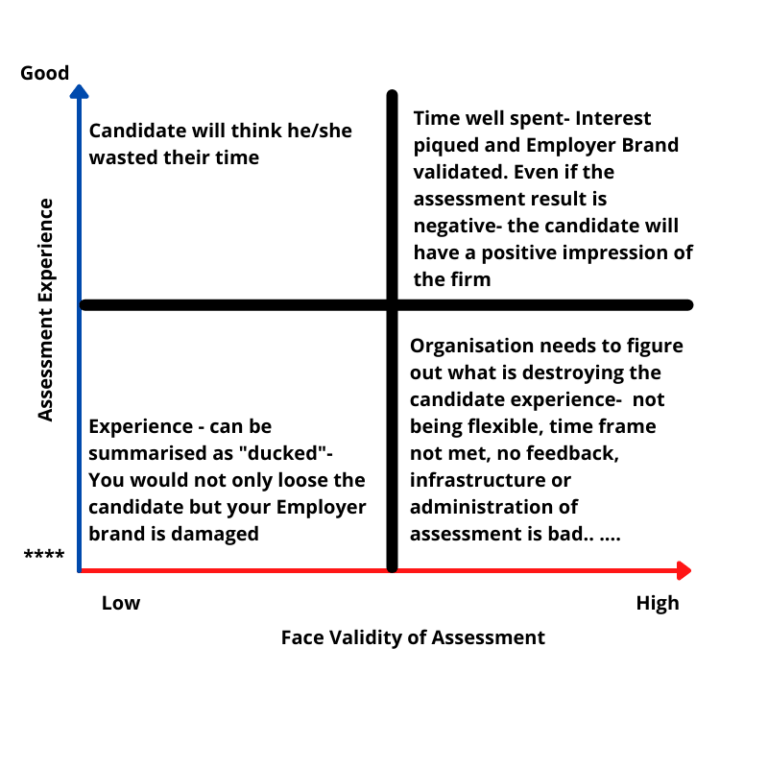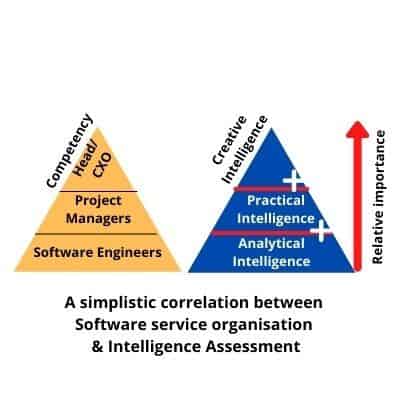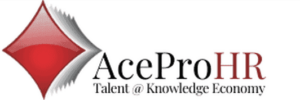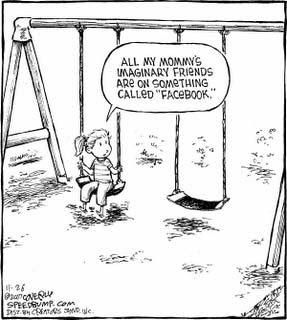- Question- How many narcissists does it take to screw in a light bulb?
- Answer- One, to hold the bulb still while the world revolves around him.
Psychology is not a joke, but folks who buy snake oil prescriptions ( read management tools) without critical inquiry convert it into one. The internet and HR technology have made surveys , assessment tools, analysis and reports ubiquitous- the latest pseudo scientific jargon is packaged into a slick presentation and even slicker websites and apps convert them into a black hole wasted time, resources and more importantly – analysis which has no scientific basis
Here are 5 concepts which will help you identify 90% of the BS presented as science
Concept 1 - Personality
The Science
Personality is the coherent patterning of affect, cognition, and desires (goals) as they lead to behavior. The 4 most common approaches to the study of personality are – biological approaches, behaviour genetics, psychoanalytic theory and evolutionary psychology.
The most common framework for analysing personality is the Big 5 model, a system that organizes personality around five broad clusters of traits: extroversion, agreeableness, conscientiousness, neuroticism and openness to experience. Everyone’s personality has a little of all five trait groups. What the test based on the Big 5 , is tell you where you fall on the spectrum of each of the clusters. he results often remain consistent across a persons life .
Free resources/ tests available
Real World Application
6 traits identified by Ian Macrae & Adrian Furnham of the University of London for potential assessment are based on the Big 5 model
Conscientiousness
Conscientious people commit themselves to plans and make sure they carry them out to the letter. They are good at overcoming their impulses and thinking about the wisdom of their decisions for the long-term. After IQ, conscientiousness is often considered one of the best predictors of life outcomes like educational success. At work, high conscientiousness is essential for good strategic planning, but in excess it may also mean that you are too rigid and inflexible.
Adjustment
Everyone faces anxieties, but people with high adjustment can cope with them more easily under pressure, without allowing it to negatively influence their behaviour and decision-making. People with low scores on this scale do appear to suffer from poor performance at work, but you can mitigate those effects with the right mindset. Various studies have shown that re-framing a stressful situation as a potential source of growth – rather than a threat to their well being – can help people to recover from negative situations more quickly and more productively.
Ambiguity acceptance
Are you the kind of person who would prefer tasks to be well-defined and predictable? Or do you relish the unknown? People with a high tolerance for ambiguity can incorporate many more viewpoints before coming to a decision, which means they are less dogmatic and more nuanced in their opinions.The only problem is if you hire for Audit, or risk Management -Ambiguity acceptance can be a curse then
Curiosity
Compared to our other mental traits, curiosity has been somewhat neglected by psychologists. Yet recent research shows that an inherent interest in new ideas brings many advantages to the workplace: it may mean that you are more creative and flexible in the procedures you use, help you to learn more easily, increases your overall job satisfaction and protects you from burnout.
In excess, however, curiosity can also lead you to have a “butterfly mind” – flying from project to project without seeing them through.
Competitiveness
There’s a fine line between striving for personal success and caving into unhealthy jealousy of others. At its best, competitiveness can be a powerful motivation that leads you to go the extra mile; at its worst, it can lead teams to break down.
Concept 2 - Reliability & Validity of Assement tests
The Science
Reliability Reflects the degree to which a persons score is stable for the same assessment over a period of time
- Tests which measure personality should remain stable over a period of time.
- tests which measure knowledge and skill will obviously change
- Reliability is measured through test- retest- the same person takes the test after sometime
Validity – Whether the tests measure what it is supposed to measure .
- Face Validity- does it look as if it measures what it is measuring – some like Thematic Appreception may not have high face validity
- Content Validity- is established by showing the clear theoretical links between the information collected by the assessment and the different job related behaviour- so if you have done job analysis- does the assessment cover the job analysis output of important criterion
- Criteria Validity/ Predictive Validity/ Emperical Validity- tests the statistical correlation between assessment scores and performance- and in a way the most important criterion
- Construct Validity- are the apt attributes being measured- you want to measure assertiveness and agreeableness and it ends of measuring resilience – your construct validity is low- but still might have a positive correlation with empirical validity he MBTI Cult- Failing the Reliability & validity test
Real World Application
Why MBTI is a Scam
- Research shows as many as 75% of MBTI test takers achieve a different personality type when tested again
- The sixteen distinctive personality types decided by Myers-Briggs have no scientific basis at all
- In fact if you take the test after only 5 week gap- there is a chance you will fall in another personality type
- MBTI mistakenly assumes that personality falls into mutually exclusive categories. You are either an extrovert or an introvert, but never a mix of the two. Yet most people fall somewhere in the middle. If the MBTI also measured height, you would be classified as either tall or short, even though the majority of people are within a band of medium height.

Concept 3 - Intelligence
The Science
The most cited theory for “management applications” is The Triarchic theory of intelligence by Robert Sternberg . It defines intelligence as the ability to achieve success based on your personal standards and your socio-cultural context.
- Analytical Intelligence – Ability to analyze or evaluate problems and arrive at a solution
- Creative Intelligence– Go beyond what is given and create novel and interesting ideas this involves insights, synthesis and the ability to react to novel situations and stimuli.
- Practical Intelligence– Practical Intelligence can be said to be intelligence that operates in the real world. People with this type of intelligence can adapt to, or shape their environment. It might also be called -“Street-smarts”. In measuring this facet, not only mental skills but attitudes and emotional factors that can influence intelligence are measured
Real World Application
Wics theory of leadership by Robert Sternberg
WICS is an acronym for Wisdom, Intelligence, and Creativity, Synthesized. The WICS theory of leadership states that good and effective leaders possess a crucial set of developed characteristics: (1) the creativity to generate novel and useful ideas for leadership; (2) the analytical intelligence to ascertain whether these ideas are good ideas; (3) the practical intelligence to implement these ideas and to persuade others of their value; and (4) the wisdom to ensure the ideas help to achieve a common good through the infusion of positive ethical values.
According to WICS, leadership is in large part a decision. People are not born for leadership, but rather decide for leadership. How good and effective they will be, after making this decision, will depend on the extent to which they embody the characteristics of WICS

Concept 4 - Flow by Mihaly Csikszentmihalyi
The Science
In his seminal work, Flow: The Psychology of Optimal Experience, Csíkszentmihályi outlined his theory that people are happiest when they are in a state of flow—a state of concentration or complete absorption with the activity at hand and the situation. It is a state in which people are so involved in an activity that nothing else seems to matter.
8 elements of enjoyment are
- A Challenging activity that requires skill-activitties thatr require the investment of psychic energyand cannot be done without appropriate skills. Enjoyment appears at the boundary between boredom and anxiety
- Merging of Action & Awareness- when all of persons relevant skills are needed to cope with the challenges of a situation the persons attention is completely absorbed by the activity. As a result one of the most universal and distinctive features of optimal experience takes place, people become so involved that they stop being aware of themselves as separate from the actions they are performing
- Clear goals and feedback- unless a person learns to set goals and recognize and gauge feedback – she will not enjoy them. For long term projects- that means make step by step goals
- Concentration- when one is in flow- you forget all he unpleasant aspects of life
- the paradox of control- flow experience lacking the sense of worry about losing control that is typical in many situations of normal life
- the loss of consciousness of the self- you become one with the activity and the boundaries have been pushed forward
- Transformation of time- you dont feel the time moving and yet you live many moments in the time
Real World Application
The concept of Flow is the fountain head of Motivation, Employee Engagement and Positive Psychology.
Folks like Sinek, Robbins – rehash the concepts given by Csikszentmihalyi and have become celebrities in the corporate circuit. But Mihaly Csikszentmihalyi bought scientific rigour to the study of positive psychology, he gave ideas which are useful not only in motivation, learning & development but also employee engagement and work design .
One of the central tenets of Flow- is seek Complexity to live a rich life. Life long learning, writing & challenges are how quality of engagement can be improved
Concept 5 - Groupthink
The Science
Irving Janis first introduced the term Groupthink in the 1971 edition of Psychology Today.
Groupthink is a phenomenon that occurs when a group of well-intentioned people makes irrational or non-optimal decisions spurred by the urge to conform or the belief that dissent is impossible.
According to Janis, decision-making groups are most likely to experience groupthink when they operate under the following conditions: maintain high cohesion, insulate themselves from experts, perform limited search and appraisal of information, operate under directive leadership, and experience conditions of high stress with low self-esteem and little hope of finding a better solution to a pressing problem than that favored by the leader or influential members.
Some of the real world disasters attributed to Groupthink are
- The Challenger Disaster
- The Bay of Pigs Invasion
- Vietnam War
Real World Application
For startups with a cohesive team of founders and leadership team – Groupthink can be a dangerous pathology and the onus is more often on the investors or external advisors to point that out . The Startup eco system fulfils almost every condition for Groupthink to infect-
Highly cohesive team- not just the founders but the initial team they hire are alumni, references or friends . High Stress , combined with Directive leadership of the founders and dissent is sometimes discouraged as signs of team failure rather than a cue to communicate more openly. Sometimes the stealth mode under which they operate or if they are working on a new product / solutions makes it difficult to consult outside experts and that exacerbate the problem.
How do HR leaders guide against Group think
- Encourage Dissent and open communication
- Diversity is a proven antidote
- Get external advisors/ coaches for your leadership team
References & Further readings
- Recent advances in the Assessment of Intelligence & Cognition by Sara Sparrow and Stephanie Davis
- High Potential: How to Spot, Manage and Develop Talented People at Work- Ian MacRae , Adrian Furnham
- Goodby to MBTI, The fad that wont die- by Adam Grant – Psychology today
- Have we all been duped by the Myers Briggs test by Roman Krznaric- Fortune
- Assessment Methods in Recruitment , Selection & Performance by Robert Edenborough
- A Theory of Adaptive Intelligence and Its Relation to General Intelligence
- WICS Theory of Leadershi
- Flow: The Psychology of Optimal Experience by Mihaly Csikszentmihalyi
- Groupthink by Irving Janis
- How Groupthink played a role in the Challenger Disaster


Oh, hey. Did you just mention that positive psychology is one of the many ways we could feel better about our professional life? Well, I should let my son know about this if that’s true because he’s feeling a bit overwhelmed in his new workplace at the moment. Maybe he could just find a psychologist to help him sort things out later.